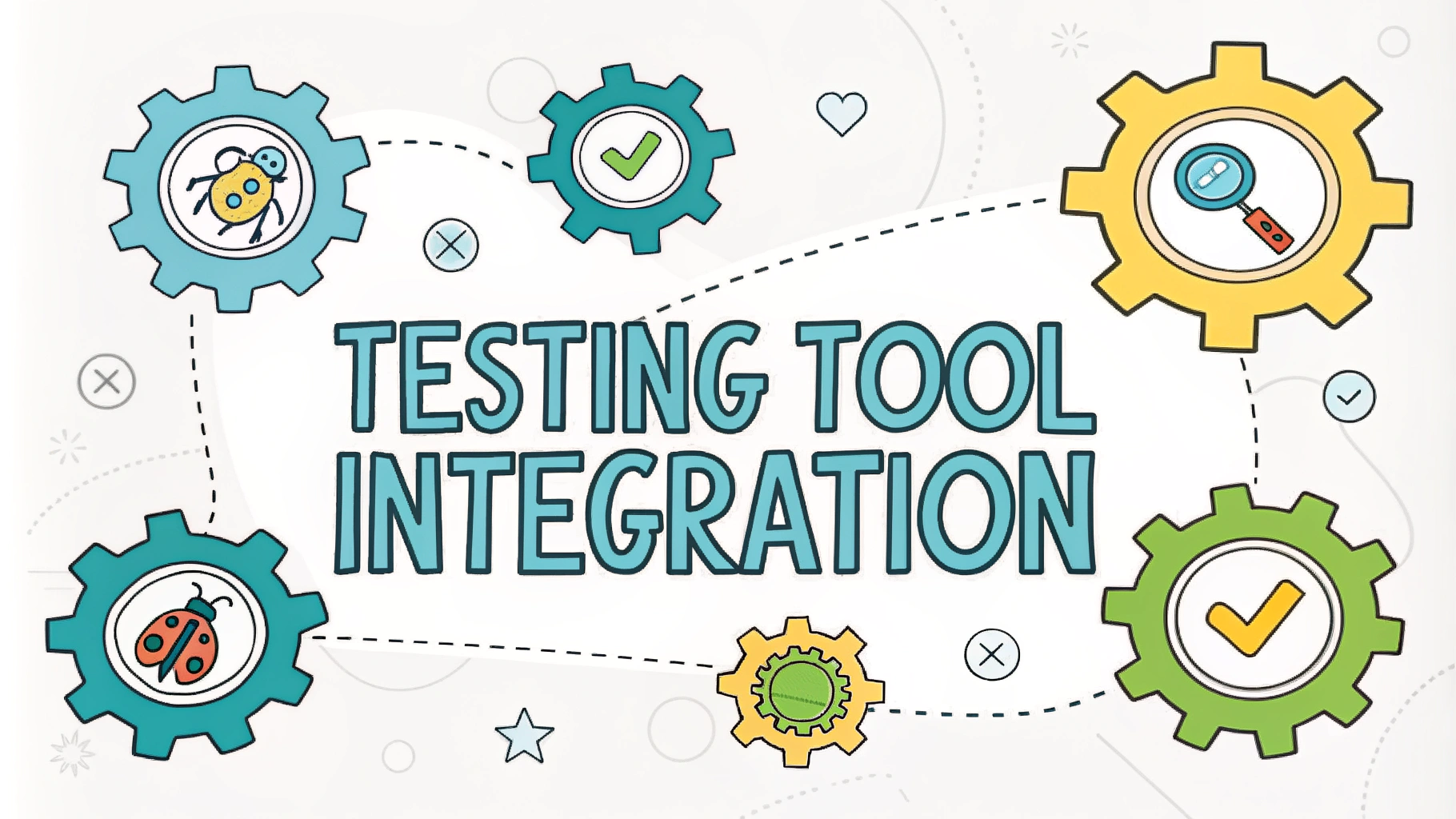Penetration testing salaries vary significantly across different regions and markets, reflecting local economic conditions, demand for cybersecurity talent, and cost of living factors.
Understanding these regional variations helps security professionals make informed career decisions and negotiate better compensation packages.
This guide breaks down penetration testing salaries across major global regions and provides insights into maximizing earning potential.
North American Salary Ranges
The United States leads global penetration testing compensation, with average salaries ranging from $85,000 to $160,000.
- Silicon Valley/San Francisco: $120,000 – $200,000
- New York City: $110,000 – $180,000
- Boston: $95,000 – $165,000
- Chicago: $90,000 – $150,000
- Toronto (Canada): CAD 75,000 – 130,000
European Market Overview
European salaries typically range from €45,000 to €90,000, with significant variations between countries.
- United Kingdom: £45,000 – £95,000
- Germany: €50,000 – €85,000
- Netherlands: €45,000 – €80,000
- Switzerland: CHF 90,000 – 140,000
Asia-Pacific Compensation
- Singapore: SGD 60,000 – 120,000
- Japan: ¥6,000,000 – ¥12,000,000
- Australia: AUD 80,000 – 140,000
- Hong Kong: HKD 360,000 – 720,000
Factors Affecting Salary Ranges
- Experience Level: Entry-level vs senior positions
- Certifications: OSCP, SANS GPEN, CEH
- Industry Focus: Finance, healthcare, government
- Company Size: Startups vs enterprise organizations
- Remote Work Options: Flexible location arrangements
Maximizing Your Earning Potential
- Obtain advanced certifications like OSCP or SANS
- Build a public profile through conference speaking and research publications
- Develop specialized skills in emerging areas like cloud security or IoT
- Consider consulting or freelance work for higher rates
- Track and document successful penetration tests and discoveries
Additional Compensation Benefits
- Performance bonuses: 10-30% of base salary
- Conference and training allowances
- Professional certification reimbursement
- Health insurance and retirement benefits
- Stock options (especially in tech companies)
Resources for Salary Information
- Glassdoor – Company-specific salary data
- PayScale – Detailed compensation analysis
- LinkedIn Salary – Professional network insights
- Industry surveys by ISC2 and SANS Institute
Moving Forward in Your Career
Track market trends through professional networks and job boards to stay informed about salary expectations and opportunities.
Document your achievements and maintain a portfolio of your work to support salary negotiations.
Consider relocation or remote work options to access higher-paying markets while maintaining a lower cost of living.
Career Growth Trajectories
Penetration testing careers typically follow several advancement paths, each with increasing compensation potential:
- Technical Lead: $130,000 – $180,000
- Security Manager: $140,000 – $190,000
- Security Director: $160,000 – $220,000
- CISO: $180,000 – $400,000+
Industry-Specific Opportunities
Financial Services
- Higher base salaries due to regulatory requirements
- Additional bonuses for specialized banking knowledge
- Enhanced benefits packages
Healthcare
- Growing demand due to HIPAA compliance
- Specialized knowledge premiums
- Stable long-term positions
Emerging Market Trends
Several factors are reshaping penetration testing compensation:
- Increased demand for cloud security expertise
- Rise of bug bounty programs
- Remote work opportunities expanding global access
- Growing emphasis on IoT security
Navigating Your Security Career Path
Success in penetration testing requires continuous learning and strategic career planning. Focus on building both technical expertise and business acumen to maximize your earning potential and career opportunities.
Stay connected with the security community through professional associations and maintain awareness of emerging threats and technologies to remain competitive in this dynamic field.
Remember that salary is just one component of total compensation – consider the full package including benefits, work-life balance, and growth opportunities when making career decisions.
FAQs
- What factors influence penetration testing salaries across different regions?
Experience level, local cost of living, industry demand, certifications held, and regional cybersecurity maturity levels all impact penetration testing salaries. - Which regions typically offer the highest salaries for penetration testers?
North America (particularly Silicon Valley and New York), Western Europe (UK and Germany), and Australia consistently offer the highest penetration testing salaries globally. - What is the typical salary range for entry-level penetration testers in the US?
Entry-level penetration testers in the US typically earn between $60,000 and $85,000 annually, with variations based on location and company size. - How do penetration testing salaries in Europe compare to those in the United States?
European salaries are generally 10-30% lower than US equivalents, with the UK and Switzerland being exceptions offering comparable compensation. - What is the salary difference between remote and on-site penetration testing positions?
Remote positions typically offer 5-15% lower base salaries than on-site roles but often include additional benefits and flexibility. - How do certifications affect regional salary variations in penetration testing?
Advanced certifications like OSCP, CISSP, and CEH can increase salaries by 15-25% across all regions, with the highest impact in Asia and the Middle East. - What are the salary ranges for senior penetration testers in major tech hubs?
Senior penetration testers in major tech hubs like San Francisco, London, and Singapore typically earn between $120,000 and $200,000 annually. - How do financial sector penetration testing salaries compare across regions?
Financial sector penetration testing roles typically offer 10-20% higher salaries than other industries, with New York and London leading global compensation. - What is the typical salary progression for penetration testers in emerging markets?
Emerging markets like India and Brazil show 15-25% annual salary growth for penetration testers, starting from lower base salaries but with rapid progression. - How do contract rates for penetration testing vary by region?
Contract rates range from $500-1500 per day in North America, ��400-1200 in the UK, and ���400-1000 in mainland Europe.







